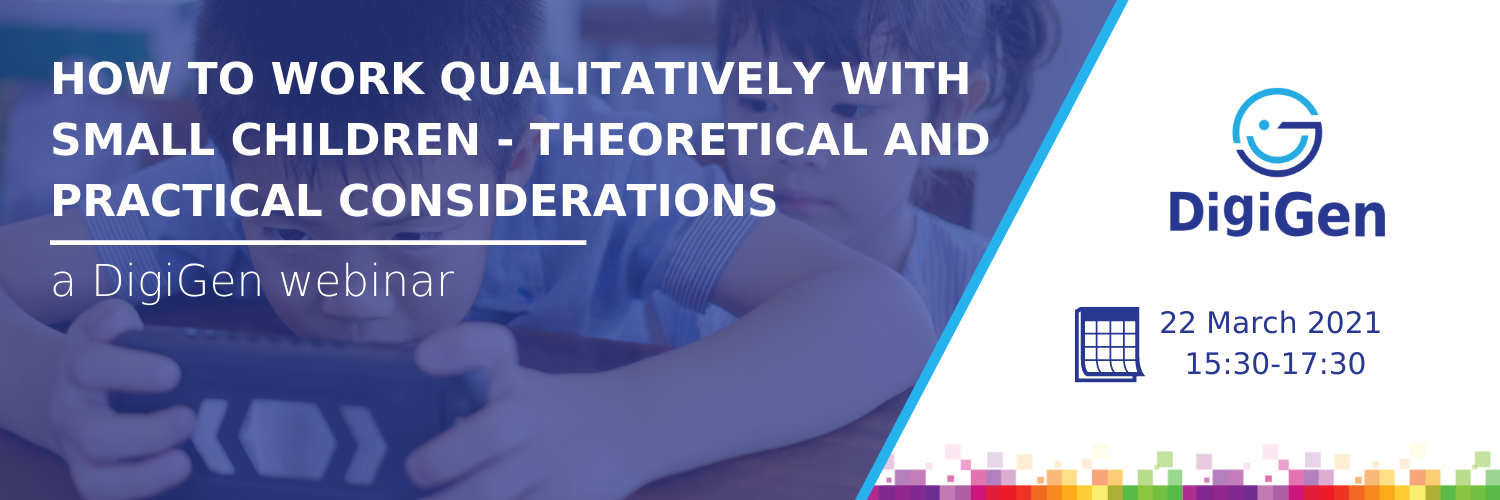Monday 22 Mach 2021 | 15:30 – 17:30 CET
DigiGen is trying to better understand the impact of digital transformations on children and young people. In the context of its focus on the family, the project investigates children’s use and assessment of ICT and its importance to their everyday lives. The project examines the potential positive and negative impacts of digital media on family life and communication and develops an understanding of the challenges, advantages and impacts associated with ICT.
During this webinar, we will give insights into the theoretical and practical considerations of our DigiGen researchers as they seek to capture young children’s perspectives and experiences and include them in our research. After outlining the state-of-knowledge on researching young children from a methodological point of view, we will explain the role of children in conducting our research, discuss how to include children from disadvantaged backgrounds and share experiences from our field work with families in Austria, Romania, Estonia and Norway to illustrate how the theory is translated into practice.
DigiGen aims to fill the research gap on children’s perspective on ICTs and their use, particularly for children under 12 years of age. Taking their perspective and agency seriously, DigiGen engages in qualitative research with children from five years old onwards. How to conduct qualitative research with young children is actually a research gap in itself.
Children are no longer considered adults-to-be but are actors in their own right. This has strong implications for research as it is no longer research on children but with children. While it is essential to capture children’s perspectives, doing so can be challenging as their skills and experiences are different from those of adults and other children.
This webinar will be relevant to academics and students conducting or interested in qualitative research with children and could be of interest to policy makers and practitioners working with small children.
Working language: English
This webinar took place on 22 March 2021. You can watch the webinar on our YouTube channel.
Speakers
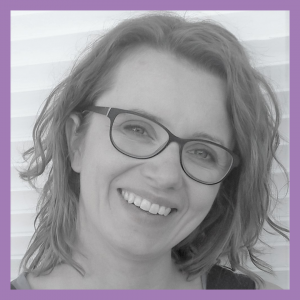
University of Vienna
Susanne Vogl is an expert in social science research methodology with extensive experience with a wide range methods of data collection and analysis. She has worked extensively on mode and age effect in interviews with children. The goal of her research is to generally advance the field of research methodology and more specifically create awareness for peculiarities of target groups and methods. Substantive fields of research include the deviant behaviour, young people, family, and the life course

AIF – University of Vienna
Olaf Kapella is senior researcher and research coordinator at the Austrian Institute for Family Studies at the University of Vienna. His main research areas are evaluation studies on family policy and children rights and child welfare, the development and evaluation of sexuality education programs and violence research.
He leads the work of the Austrian Institute for Family Studies at the University Vienna within the DigiGen project and is work package leader of WP 3 of the DigiGen project.
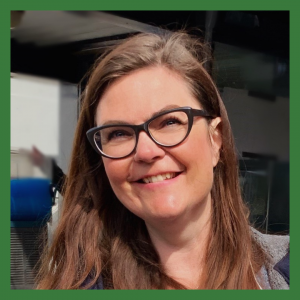
OsloMet
Tove Lafton has her PhD in how technology affects the pedagogical working and thinking in early years. Her main research interests are work based student learning, digital literacy in early years, pedagogical leadership and reflection as a tool for learning and development.
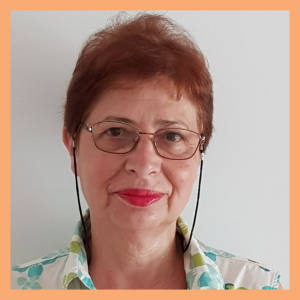
Babeș-Bolyai University
ProfessorMaria Roth, PhD. is one of the founders of the Social Work Program and of the Master Programme in Children’s Rights in Babes-Bolyai University, Cluj, Romania. As a practitioner psychologist she has worked with children in schools, hospitals and orphanages. Along the 30 years of academic career, she did research and published in Romanian, Hungarian, and in English in the area of developmental psychology, child well-being, adverse childhood experiences, human rights, vulnerable (Roma) population and youth participation

AIF – University of Vienna
Eva-Maria Schmidt works as a sociologist and anthropologist at the Austrian Institute for Family Studies and the Department of Sociology, University of Vienna. She is particularly experienced in qualitative multi-perspective approaches on the transition to parenthood. Her research focuses on analyzing parents’ arrangements of combining paid work and family work and constructions of gendered parental responsibilities. Eva-Maria is a member and country expert in the International Leave Policies & Research Network. Her work in the DigiGen project comprises conducting and analyzing the qualitative data.
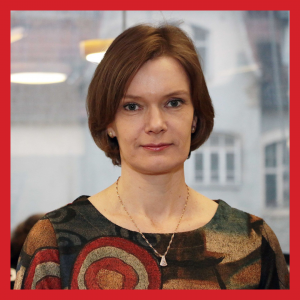
Tallinn University
Merike Sisask is Professor of Social Health Care at Tallinn University, School of Governance, Law and Society (SOGOLAS) and Board Member of the Estonian-Swedish Mental Health and Suicidology Institute (ERSI). Her research interests include public health view on suicidality and mental health, interventions for suicide prevention, (social) media and suicide, and digital transformation and well-being.

